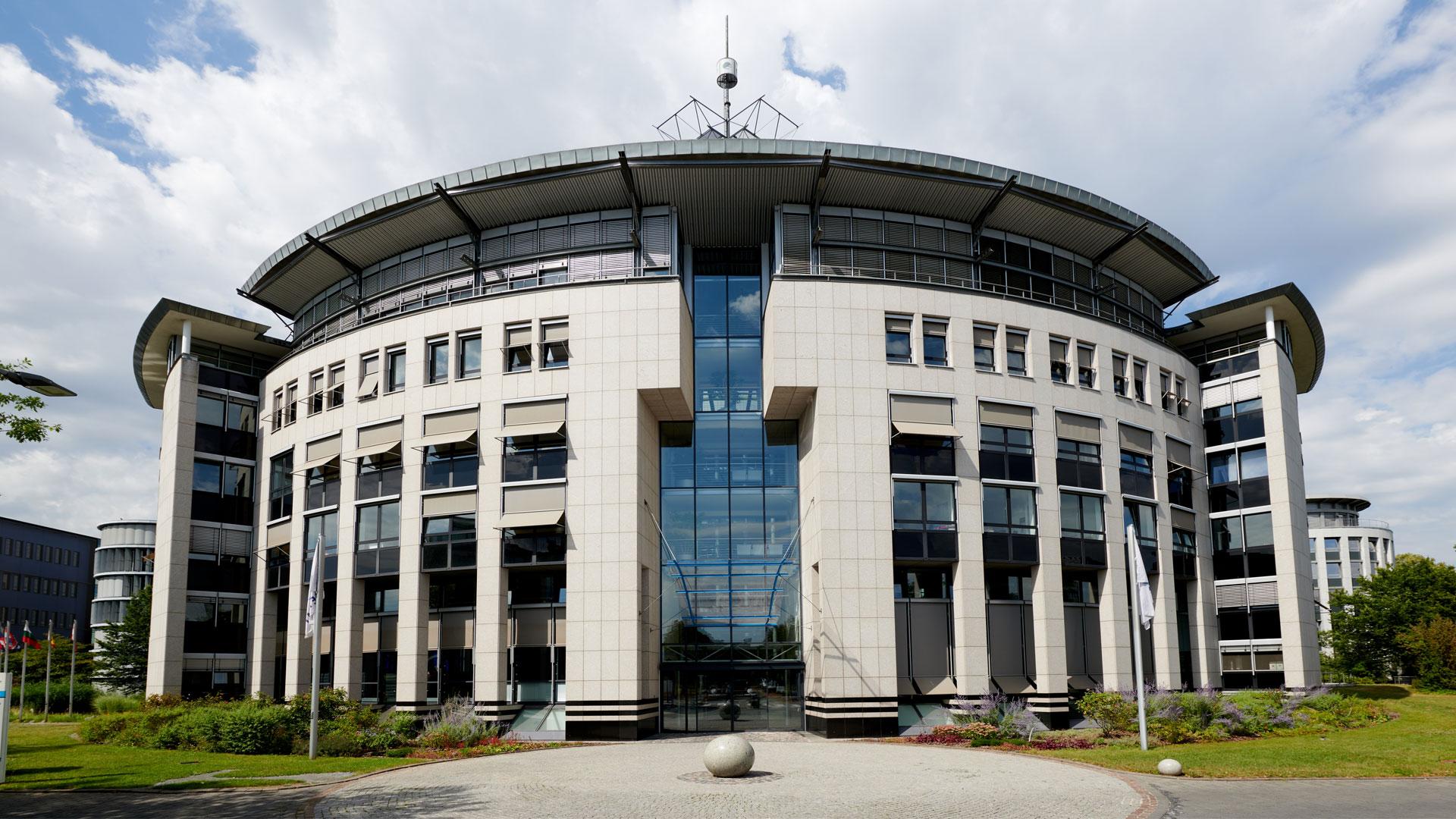16 January 2023
08 September 2020
Three Meteosat Second Generation satellites in geostationary orbit deliver continuous observations of fast developing severe weather events over Europe, Africa and the Indian Ocean. The first of the Meteosat Third Generation satellites was launched in December 2022 and will undergo 12 months’ in-orbit commissioning. Two polar-orbiting Metop satellites provide data of pivotal importance for forecasts up to 10 days ahead. The first of the second-generation Metop satellites is expected to be launched in 2025.
EUMETSAT’s archive of satellite observations over more than 40 years provides climate scientists around the world with long-term, homogenous data necessary for monitoring climate change.
EUMETSAT is a key partner in the European Union’s Copernicus Earth observation programme. It operates the Copernicus Sentinel-3 and -6 ocean-monitoring missions, and will operate the upcoming CO2M mission, to monitor carbon dioxide emissions. EUMETSAT will fly the Copernicus Sentinel-4 and -5 missions on board its own MTG and Metop-SG satellites. Data from these Sentinels, and EUMETSAT’s own missions, are provided to the Copernicus climate, atmosphere monitoring and marine environment services. Along with European Space Agency and the European Centre for Medium-Range Weather Forecasts, EUMETSAT is a partner in the EU’s DestinE initiative, creating digital twins of the entire Earth system.
Together with NASA, NOAA, the EU, ESA and with support from the French Space Agency, CNES, EUMETSAT is a partner in the Jason and Copernicus Sentinel-6 ocean-monitoring missions.
EUMETSAT cooperates with agencies around the world, securing additional satellite data of benefit to weather forecasting and climate monitoring.
EUMETSAT’s 30 member states are: Austria, Belgium, Bulgaria, Croatia, Czech Republic, Denmark, Estonia, Finland, France, Germany, Greece, Hungary, Iceland, Ireland, Italy, Latvia, Lithuania, Luxembourg, the Netherlands, Norway, Poland, Portugal, Romania, Slovakia, Slovenia, Spain, Sweden, Switzerland, Türkiye and the United Kingdom.
Media Relations EUMETSAT
Tél. : +49 6151 807 7320
Email: @email
www.eumetsat.int

